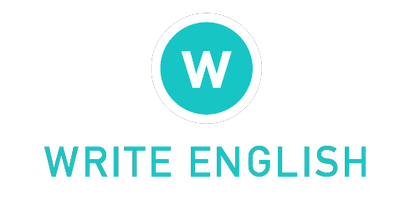|
Why we need stories in science
Reading about other research on story-telling in science is one of the pleasures of my job, and I recently came across an article on what neuroscience can tell us about how we respond to narrative (doi.org/10.22323/2.18050401). The text was in a science communication journal, and it wasn't really about going into detail (although it does provide the references for those who need them), but I did find the following list of reasons for needing stories in science: Good narratives - or "framing information in stories" - can – Increase people’s likelihood of remembering information – Reduce counter-arguing – Make people feel the experience being described was their own – Be much more convincing than just data – Increase engagement, when communicating science to non-expert audiences. To me, the items in that list are all things I would want for any paper I write. In the interest of getting the full story, though, perhaps it is now time I went in search of papers that show why we don't need story-telling in science. If you know of any papers on that topic, do let me know.
0 Comments
COMMON MISTAKES IN ACADEMIC WRITING |
Details
The expat world is a small one, and as native English speakers both living in a small town, we quickly found each other. It turned out we both taught academic writing. That was back in 2011. We started Write English in 2014 to support graduate students and researchers with their academic writing skills. Since then, we have gone on to work with leading universities and research institutes throughout Germany and the rest of Europe. Jill Henne has been working with us as a text editor since 2017, and Bridie McHale has recently joined our training team. It's a cliché to say we are passionate about what we do - but we are. From archeology to astro-physics, we get to read fascinating research and work with people at the forefront of their fields. Our workshops are diverse and international with opportunities for researchers to exchange ideas on writing, the publication process, and other aspects of their work.
Categories
All
Archives
January 2021
|
- Home
-
Workshops
- Writing Research Articles
- Developing your Narrative
- Writing Abstracts for journal articles and conference papers
- Academic Writing for Master's Students
- Writing Job Applications
- Conference Presentations
- CONVERSATIONAL ENGLISH
- Lecturing to an International Audience
- Unlocking the Potential of Chat GPT: Writing for Academic Journals
- Coaching
- Academic Writing Retreats
- Text Correction
- Contact
- Resources
© Write English 2022, Lektorats- und Coachingservice für englische Kommunikation












